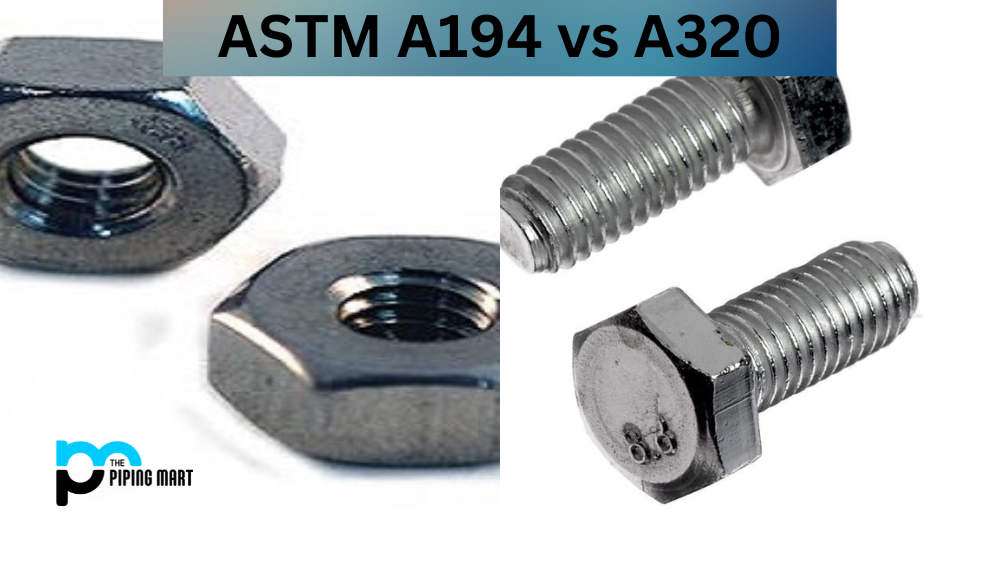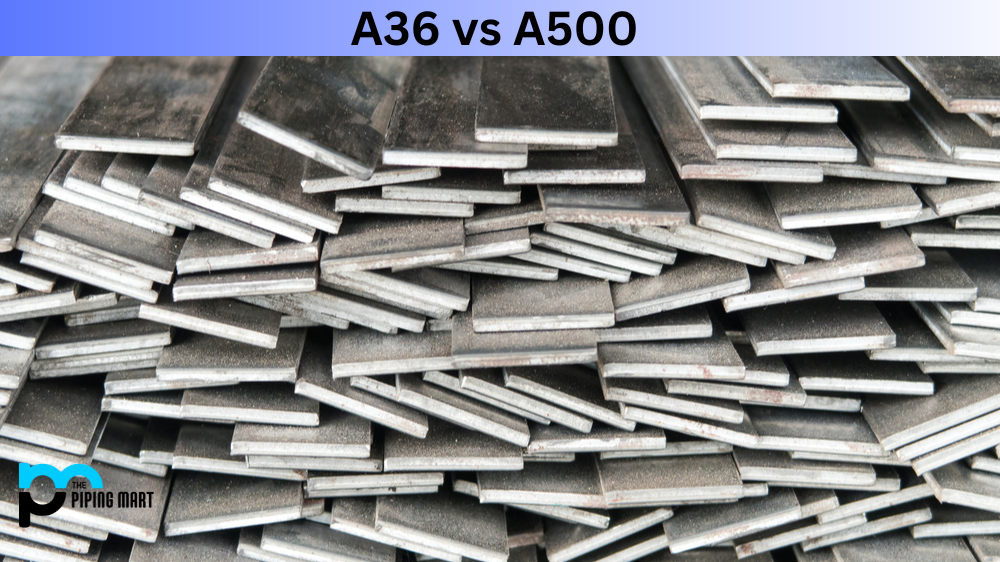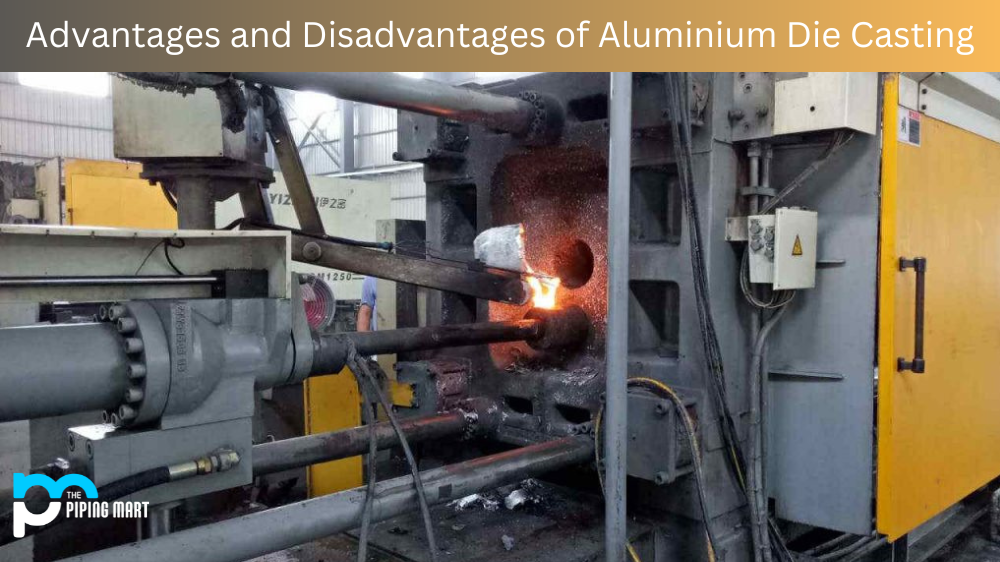Fasteners are essential components in most constructions since they hold parts in place. But did you know that all fasteners are not created equal? Different materials are used to make fasteners, depending on the application requirements. ASTM A194 and A320 are two popular fastener materials. Both are designed to withstand high pressure and temperature conditions. But which one is best suited for your application? In this blog, we’ll discuss the differences between ASTM A194 and A320 and help you make an informed decision.
Difference Between ASTM A194 and A320
Materials and Applications
ASTM A194 is a steel material used for high-pressure and high-temperature applications. ASTM A320 is a low-alloy steel material that is used for low-temperature applications. ASTM A194 is used primarily for high-pressure fittings in the petroleum and chemical industries, whereas ASTM A320 is used for low-temperature applications, such as cryogenic storage tanks. Both materials are highly durable and have a long service life.
Chemical Composition
The chemical composition of ASTM A194 and A320 is different. ASTM A194 comprises carbon, manganese, phosphorus, sulfur, silicon, nickel, chromium, and molybdenum. Whereas ASTM A320 comprises carbon, manganese, phosphorus, sulfur, silicon, nickel, chromium, molybdenum, vanadium, and titanium. The additional elements in ASTM A320 give it enhanced strength and toughness, making it suitable for low-temperature applications.
Tensile Strength
Tensile strength is the maximum stress that fasteners can withstand before breaking. ASTM A194 has a tensile strength of 75,000 psi, whilst ASTM A320 has a higher tensile strength of 125,000 psi. The higher tensile strength of ASTM A320 makes it suitable for applications in cold environments where extreme temperatures can weaken fasteners.
Corrosion Resistance
Both ASTM A194 and A320 have excellent corrosion resistance properties. But, ASTM A320 has superior corrosion resistance than ASTM A194, making it ideal for outdoor applications or harsh industrial environments. ASTM A320 is often used in construction projects requiring fasteners for excellent corrosion resistance properties.
Cost
Cost is always a factor when selecting a material. ASTM A194 is lower in cost than ASTM A320. However, the cost can vary depending on the grade of the material, size, and quantity. ASTM A194 is available in multiple grades, each with different mechanical properties and costing more. If your budget constraint and your application require a high-pressure and high-temperature fastener, ASTM A194 may be a better option.
Conclusion
In summary, the choice between ASTM A194 and A320 depends on the application’s requirements. ASTM A194 is ideal for high-pressure and high-temperature fittings, while ASTM A320 is best suited for low-temperature applications. The additional elements in ASTM A320 give it enhanced strength and toughness, making it suitable for harsh environmental conditions. Both materials have excellent corrosion resistance properties, but ASTM A320 has superior corrosion resistance. The cost of both materials varies, and it’s essential to weigh the benefits and limitations of each material before making a purchase decision. If you need help choosing the right fastener material for your application, consult a reputable supplier who can guide you in making an informed decision.

Hey, I’m Krutik, a casual blogger expert in the metal industry. I am passionate about providing valuable information to my readers. With a background in engineering and construction, I like playing Cricket & watching Netflix shows in my free time. Thank you for visiting my blog, and I hope you find my information helpful!




